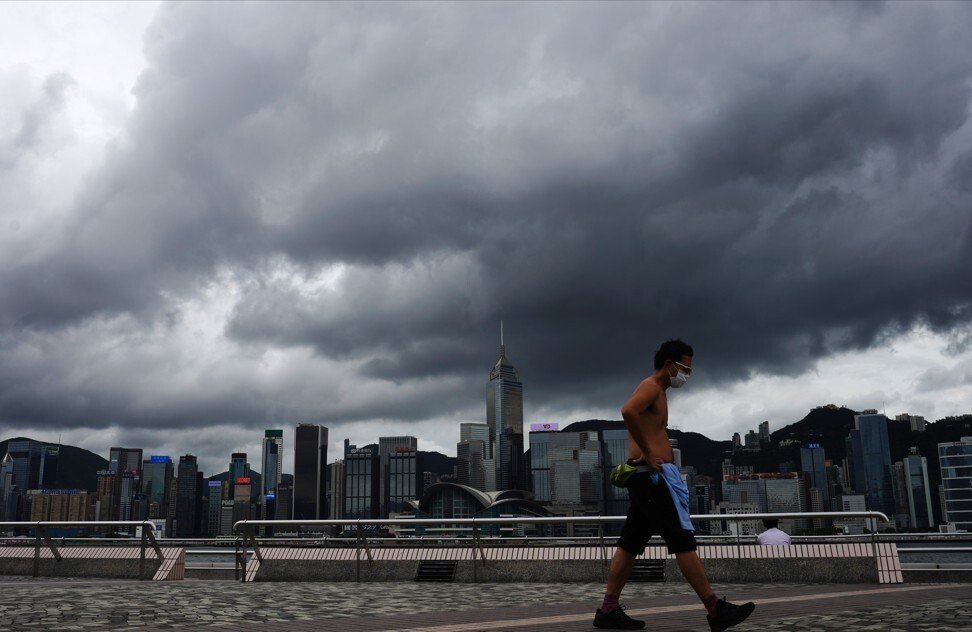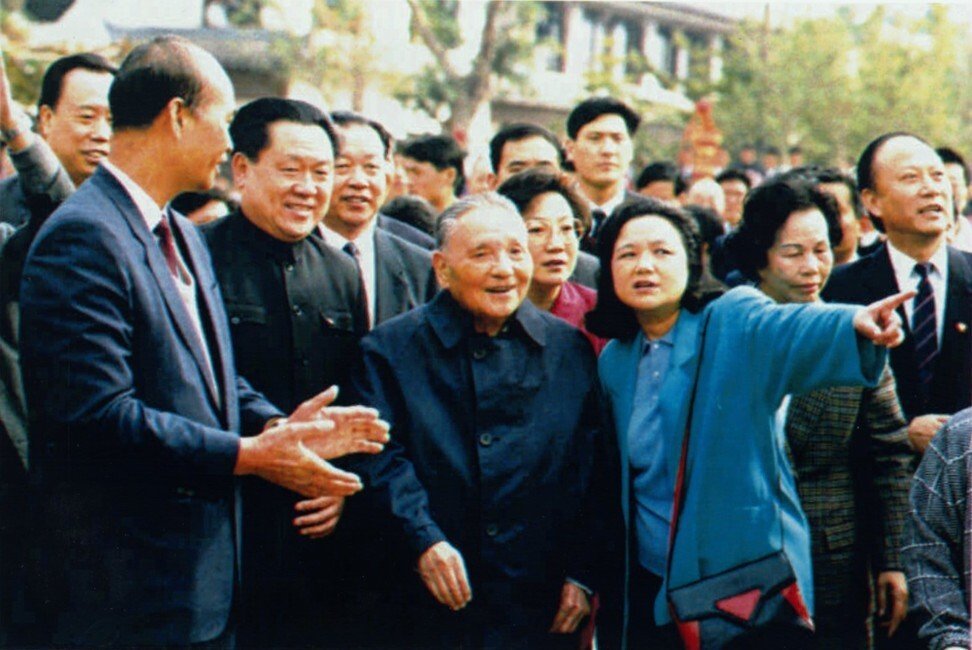
Hong Kong cannot afford to say ‘I don’t mind’ to being overtaken by Shenzhen
“We should build several Hong Kongs on the mainland,” the late Deng Xiaoping once said.
That was when China’s paramount leader and architect of the country’s opening up visited Shenzhen, then a backward fishing village in the early 1980s, and looked across the border at a prosperous Hong Kong under British rule.
Shenzhen and three other cities had been designated as China’s first batch of special economic zones by then, but few, including Deng himself, knew how to go about it.
Deng’s message to Shenzhen was that he had no money to offer, only special policies which the city would have to make the most of and forge its own path with blood, sweat and tears.
The rest is history.
Four decades later, Chinese President Xi Jinping was in Shenzhen last week to celebrate its 40th birthday as a special economic zone, and there was no mention of building “more Hong Kongs”.
Instead, Xi called for “another miracle” from Shenzhen by outlining six new missions for its next stage of development, empowering it to be an “important engine” for the Greater Bay Area and to come up with new experiences that could be “replicated” in other parts of the country.
From first copying Hong Kong to now promoting the Shenzhen model, is it a historical inevitability, a change of mind by Beijing leadership, or a combination of both?

There is no standard answer when it comes to reading Beijing’s mind, but what adds to the bigger question is a particular comment by Carrie Lam
Cheng Yuet-ngor, Hong Kong’s chief executive, while attending the celebrations in Shenzhen.
“I don’t mind,” she said when she was interviewed by a local broadcaster and asked about her own city, despite all its advantages under the “one country, two systems” policy, being overtaken by its mainland neighbour.
She added that the economic scale and population of Shenzhen were much bigger than Hong Kong’s by now, and also blamed the many political challenges her administration was facing that made her job difficult.

Whether it was an attempt at diplomacy or a slip of the tongue, Lam upset both the pro-establishment and opposition camps back home, and quite a few academics as well, who argued that Hongkongers actually do mind seeing their hometown, once the shining “Pearl of the Orient”, overshadowed by its once poor neighbour.
Whether one does or does not mind, Shenzhen’s economic clout speaks volumes of its transformation by having learned much from Hong Kong, which is no longer the role model that it used to be.
What Deng had in mind was to learn from the merits of the capitalist system practised in Hong Kong to benefit mainland China’s economic opening up, rather than political reform. Nothing could undermine Communist Party rule, a stance that Xi is doubling down on now.
Xi’s emphasis on replicating Shenzhen instead of Hong Kong reflects the reality, pragmatically speaking, that the one country, two systems formula is impossible for other mainland cities to copy.
But if all roads lead to Rome regardless of different approaches, with “Rome” meaning economic success, Beijing’s attempt to showcase the creation of economic miracles under its socialist system with Chinese characteristics is obvious enough.
So politically, it has never been Beijing’s intention to fully copy Hong Kong’s capitalist system, especially with Western democracy characteristics, whatever illusions the West may have had about it.
Economically, what has been truly unfortunate for Hong Kong is its failure to make the most of the unique and competitive edge offered by the “two systems”, which might have allowed it to bargain for more politically within the red line of “one country”.
Hong Kong cannot afford not to mind being surpassed by Shenzhen. Instead, it needs to forge its own way out – with blood, sweat and tears if necessary.










